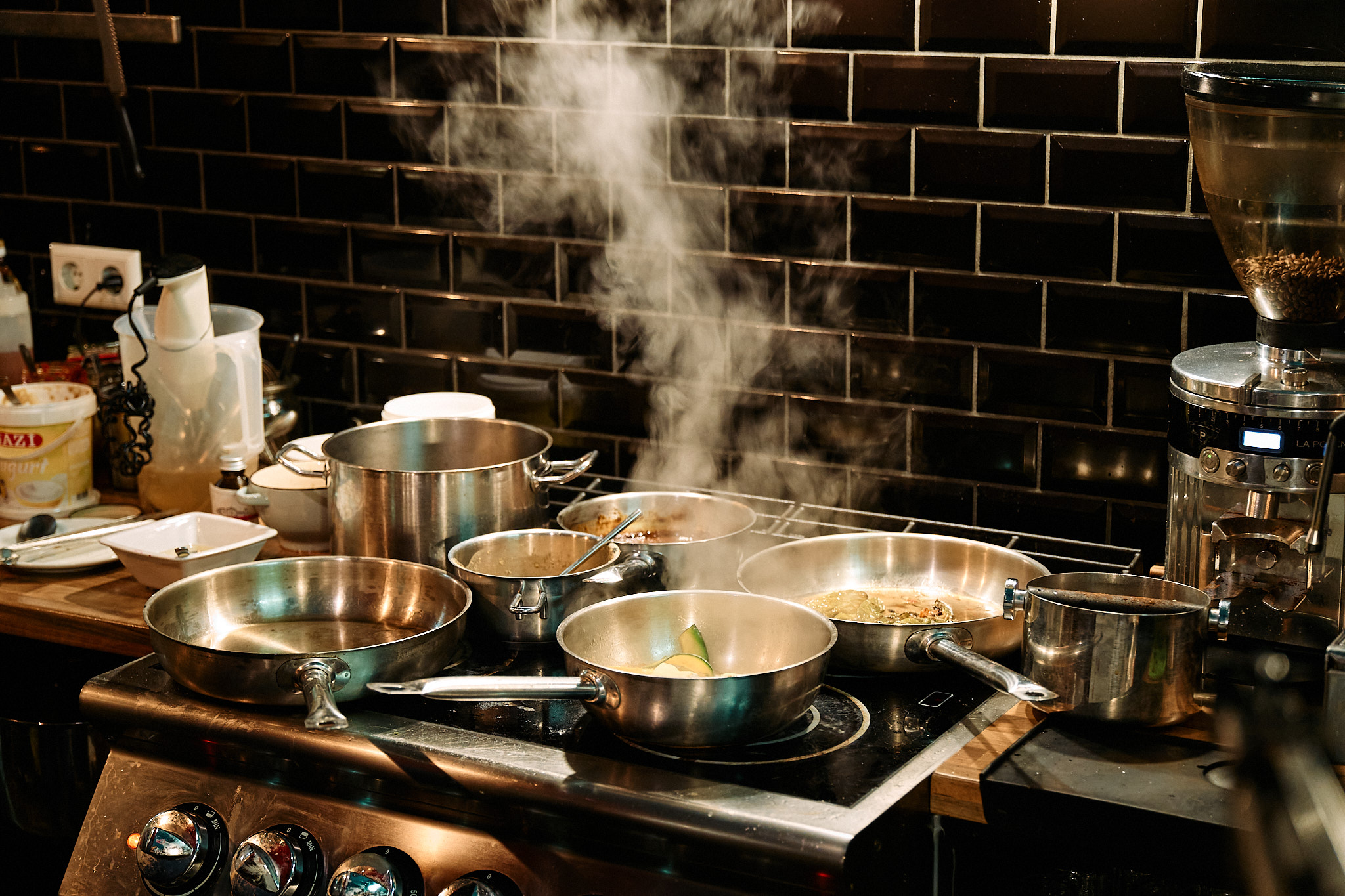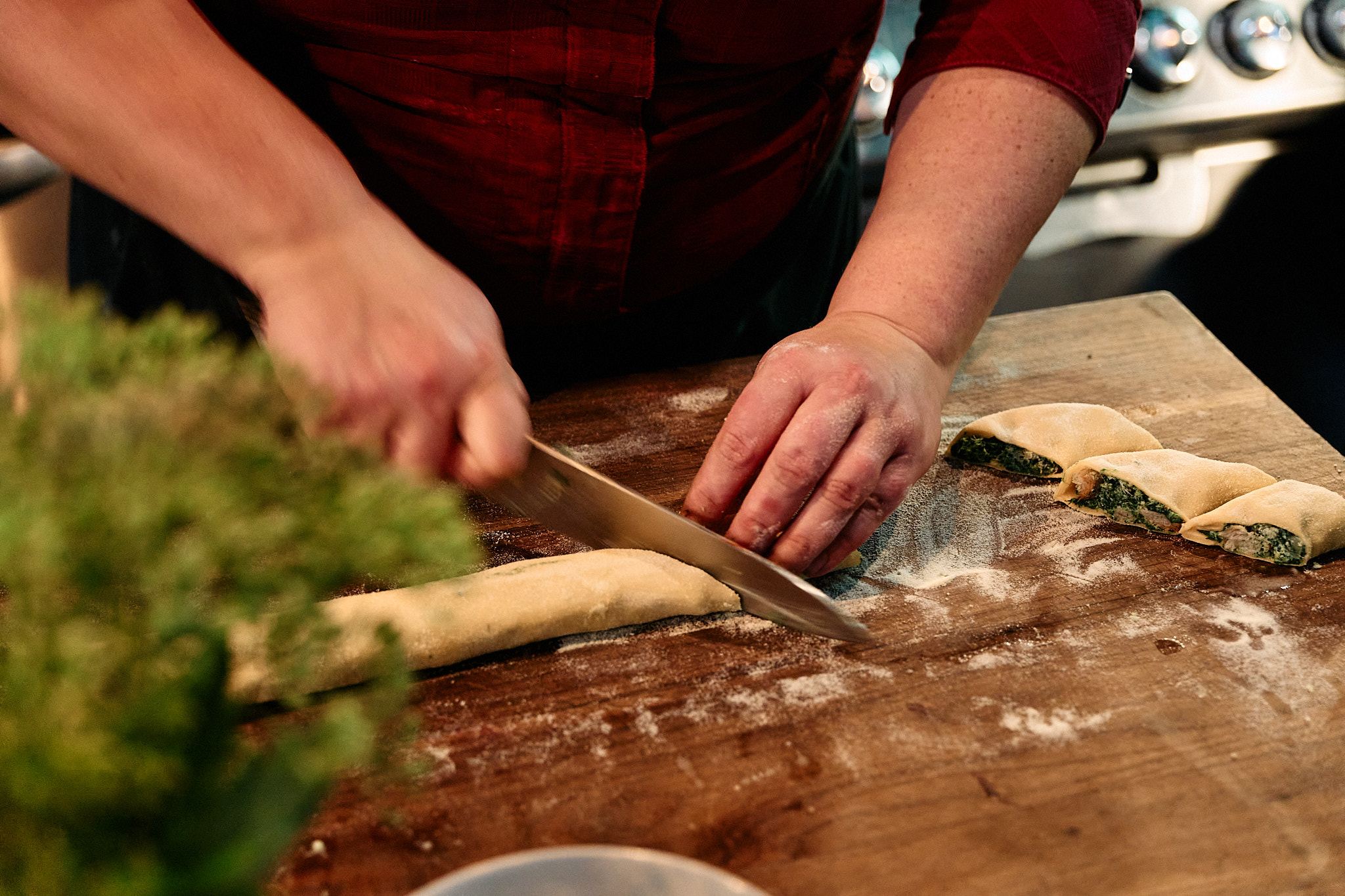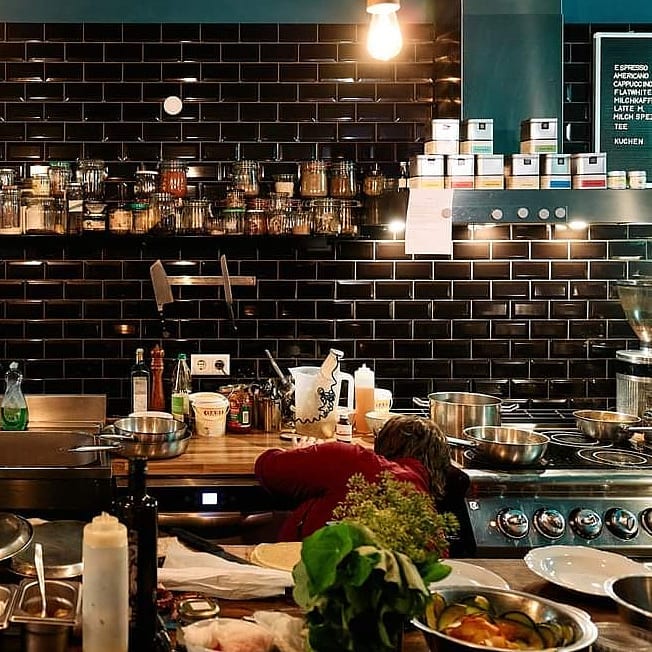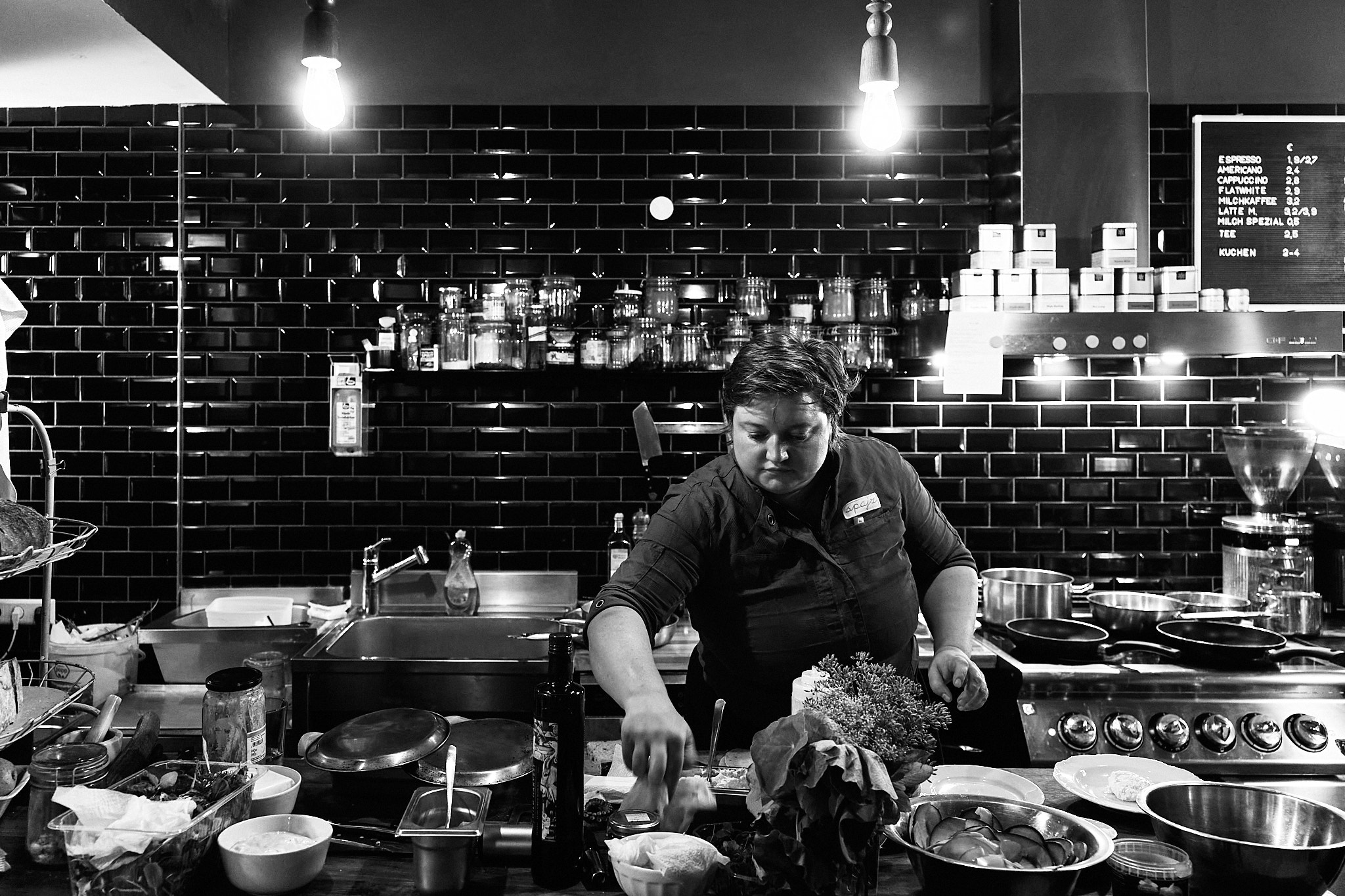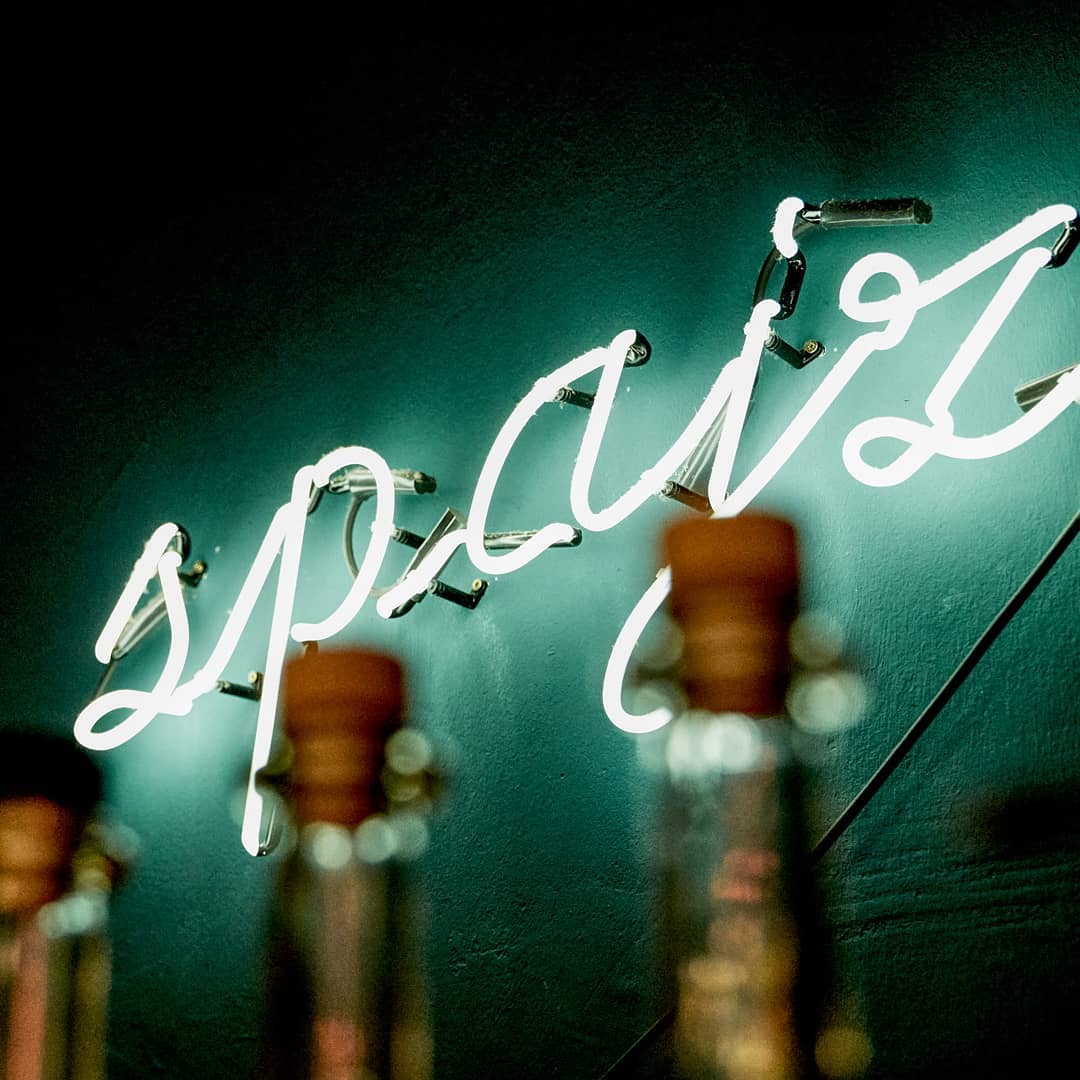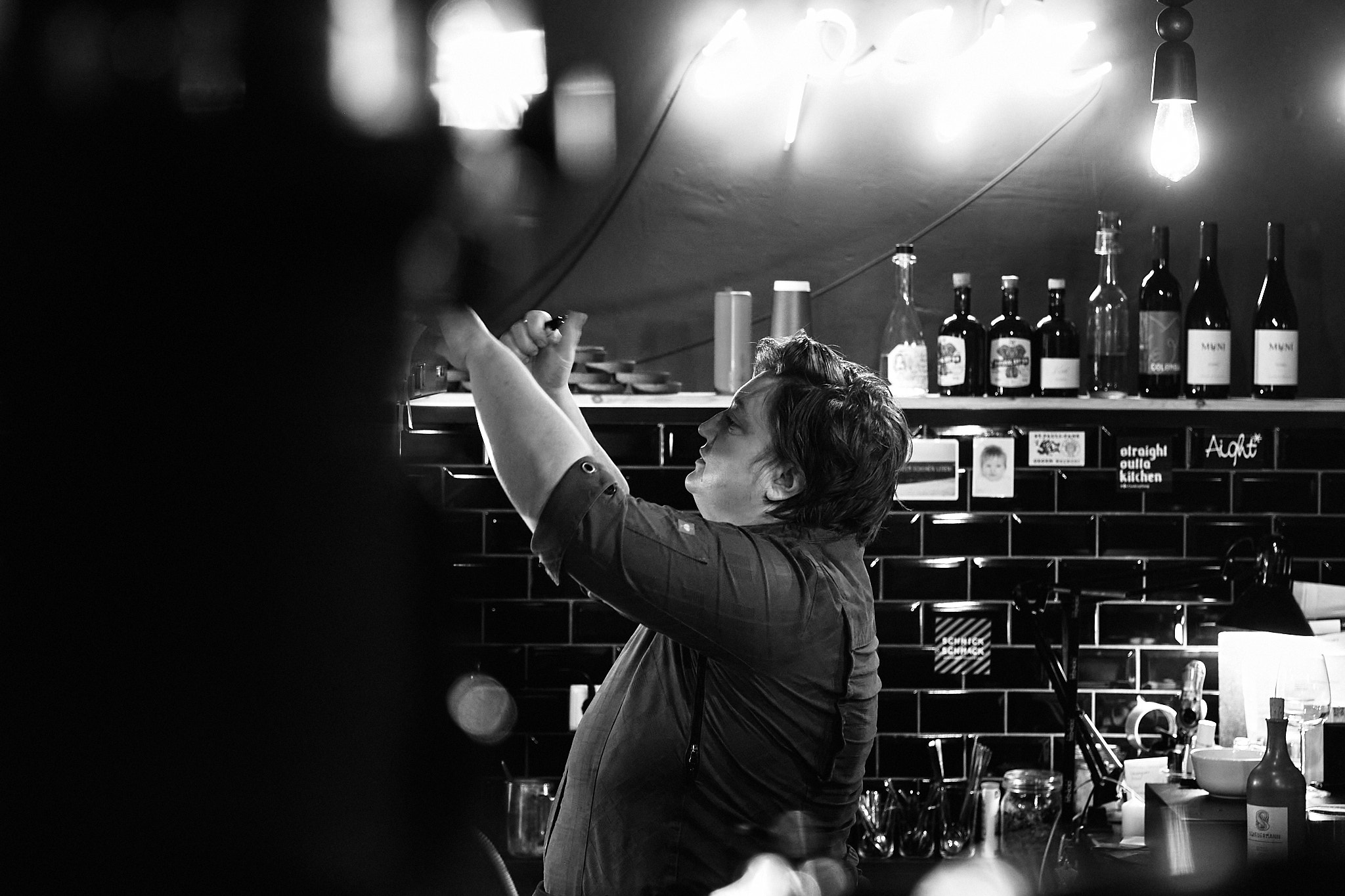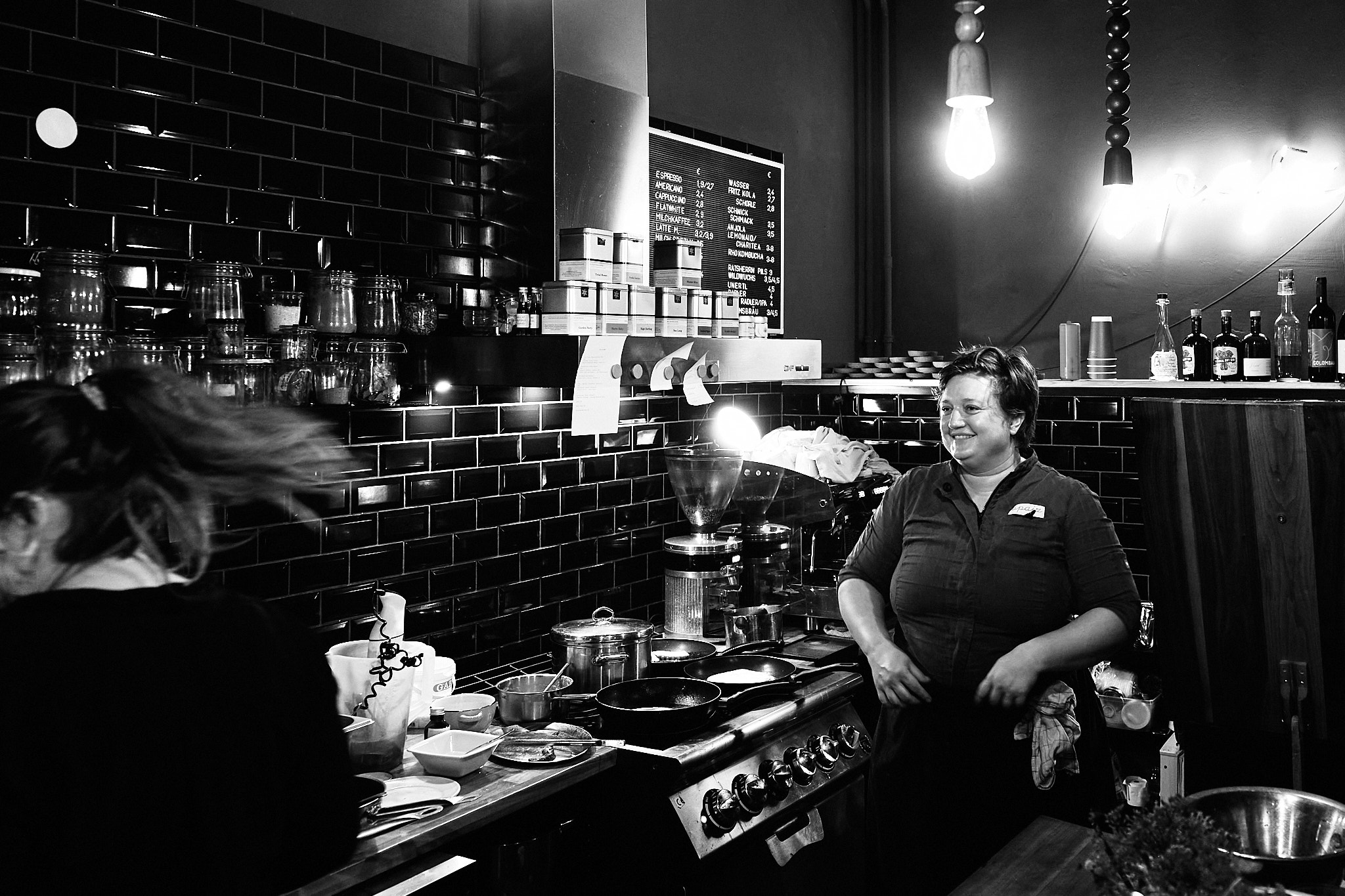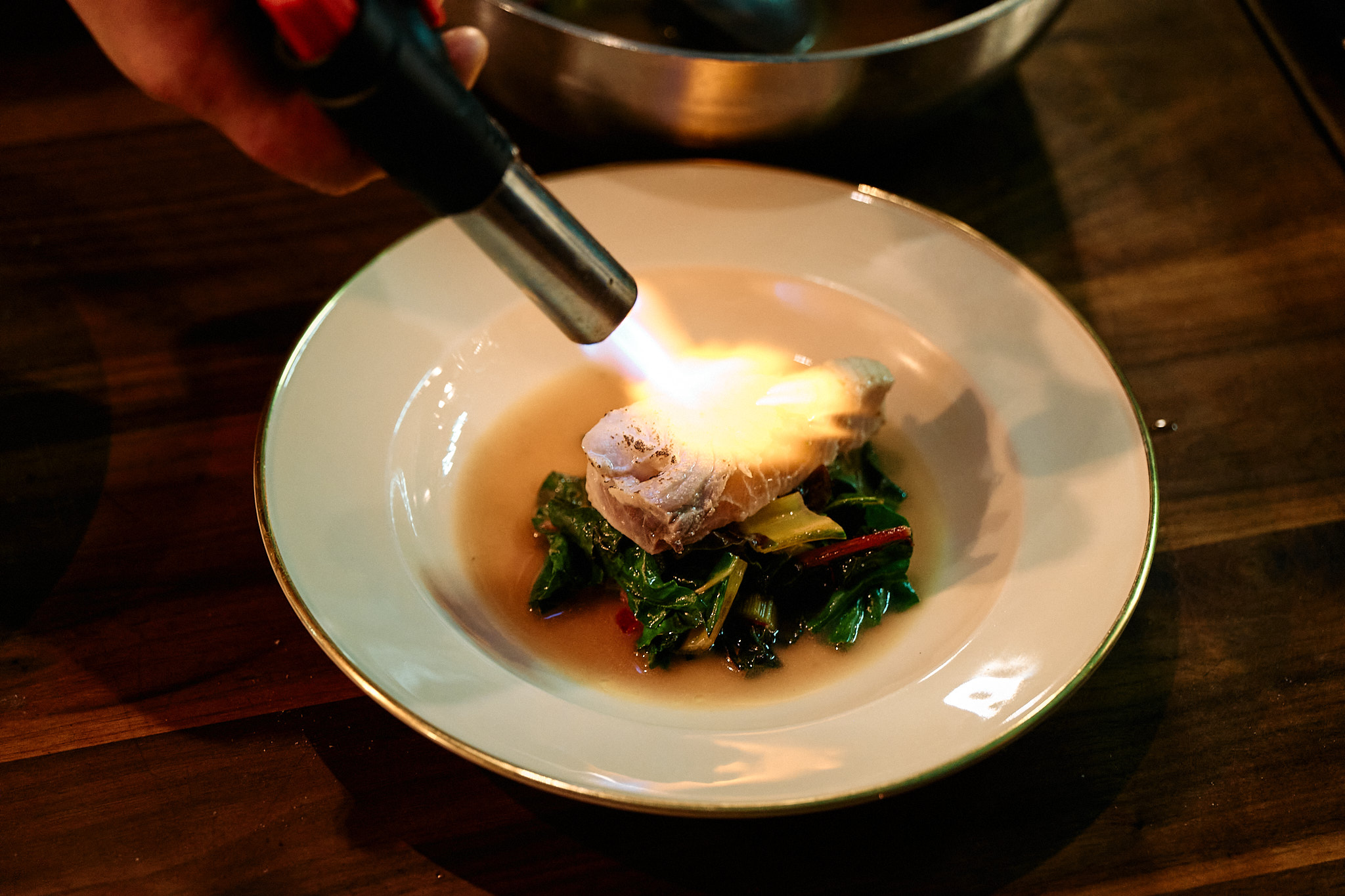Nóra Horváth
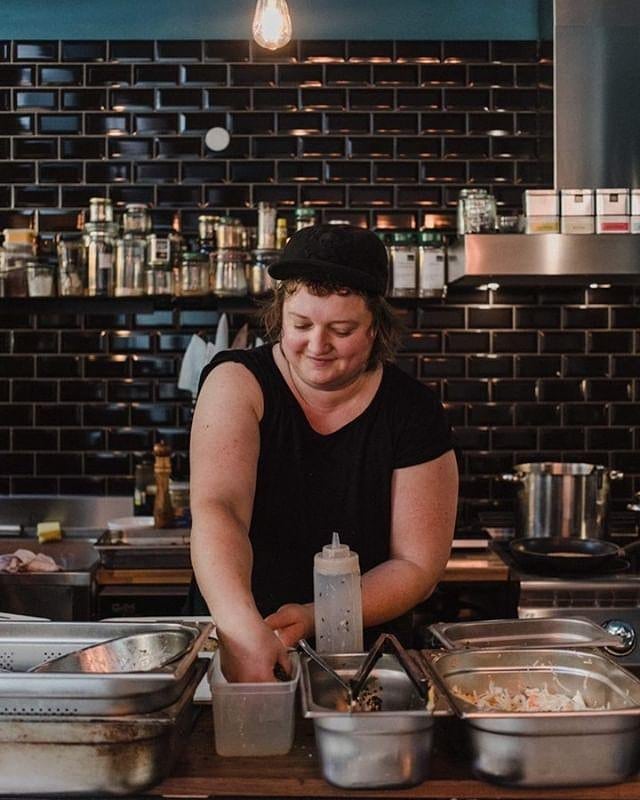
Nóra Horváth works as a freelance chef, consultant and activist and ran Spajz in Hamburg. For Nóra, cooking is not just about preparing food, it is just as much a matter of the heart and also a political issue. We talked to her about the necessary changes in the food industry and the accessibility of good food.
Please introduce yourself briefly. Who are you and what do you do?
I am Nóra Horváth, a chef, gastronome, cultural and literary scholar, and activist.
Why did you become a chef – what excites you about this profession?
My career path was seemingly unsteady, I first got enthusiastic about a long internship in film directing and travelling. Then I studied at the Humboldt University in Berlin, in Paris at the Sorbonne and in Budapest at the ELTE for humanities education, but the urge to be a chef and above all to master the insights into a craft in harmony with season and region beyond private cooking were so urgent that I absolutely wanted to do an apprenticeship with a holistic farm-to-table and nose-to-tail concept. At the age of 30, I left Berlin and moved to the outskirts of Hamburg to a farm with a kitchen and started an apprenticeship with all its ups and downs. I love the profession because it is who I am and not a moment goes by in the day that I don’t think about what I can cook or prepare where and when, how I can make my craft even more creative and consolidate my culinary identity…. My mind is constantly producing new ideas and my hands want to knead, cut, waltz, caress, marinate, tap, massage. The political aspect of food preparation is constantly in focus. Not only because my demand on the quality of the product is without compromise, but because I think that food processing is a (political) attitude issue.
You founded Spajz 5 years ago, what was the goal and what did you do differently than other kitchens in Hamburg?
It was important to me to cook very high-quality, organic and regional cuisine that is above all accessible and puts the craft in the foreground. I think that is and was quite unique in Hamburg. The inhibition to have good food served deliciously in an environment that is also designed with sustainability in mind, that was always important to me. I didn’t want to hide exclusive menu concepts behind abstract terms, but rather to emphasise the special nature of our regional offerings through the simple, consistent processing methods of established craftsmanship and without inhibitions of a pseudo-elitist and also price-based nature for my guests.
How has the gastronomy landscape in Hamburg changed in recent years?
I think that it is becoming more and more relevant to at least make the traceability of the processing and the origin of the individual products that are processed transparent, also the appreciation of all those involved in gastronomy will hopefully find more space, especially due to the severe shortage of skilled workers. The pandemic was brutal and still is, but I see that an enormous creative potential has been released here in Hamburg. There is still a lot of work to be done, but both restaurateurs and guests are gradually rethinking their approach.
„The political aspect of food preparation is constantly in focus. Not only because my demand on the quality of the product is without compromise, but because I think that food processing is a (political) attitude issue.“
Why are you a member of Die Gemeinschaft?
When I did my internship at Nobelhart und Schmutzig a few years ago, right after my apprenticeship, I saw how Die Gemeinschaft was in its infancy, how the idea was developing. It was already clear to me then that it would be very important for me in my work to act according to the maxims of such an association. I like the idea of networking very much. I like to share knowledge and experience.
How important is cooperation with other businesses for you and what do you wish for in the future? Both other gastronomic businesses and agricultural businesses.
I am passionate about networking and find collaboration with like-minded businesses, whether gastronomic or agricultural, as well as institutions or infrastructures that are already established and reach the political decision-making levels, very interesting. But also activism, disobedience and resistance in combination with the ability to learn and exchange are massively important, if not vital, when you look at “THE BIG PICTURE”.
„{…} I saw how Die Gemeinschaft was in its infancy, how the idea was developing. It was already clear to me then that it would be very important for me in my work to act according to the maxims of such an association. I like the idea of networking very much. I like to share knowledge and experience. “
In your opinion, what are the most important points that need to change in the coming years within the food industry, gastronomy and agriculture?
Radical rethinking of food processing, animal husbandry, appreciation of culinary arts and work, pricing and exchange, lobbying and the cultural value of work, equality, integration, accessibility, economic efficiency and above all ecology. It’s about our culture in general.
Who do you see as responsible and why?
Politics and consumers as a means of exerting pressure on the economy.
What are your plans and goals for the future?
I sold my bistro so that I have more time to study the topic of New Work in relation to gastronomy, to make myself more independent and flexible from a shop concept with my culinary art and my activism, so that I am more applicable and less tied to one place, I would like to acquire knowledge about other artisanal cornerstones and the topic of mass catering, and first and foremost I want to continue cooking and eating politically and artisanally. Because cooking, apart from my own attitude, is also my salvation, my great love and my urgent need.
Thank you for the interview and your time!
Thank you for your work!
Photos:
Wim Jansen
